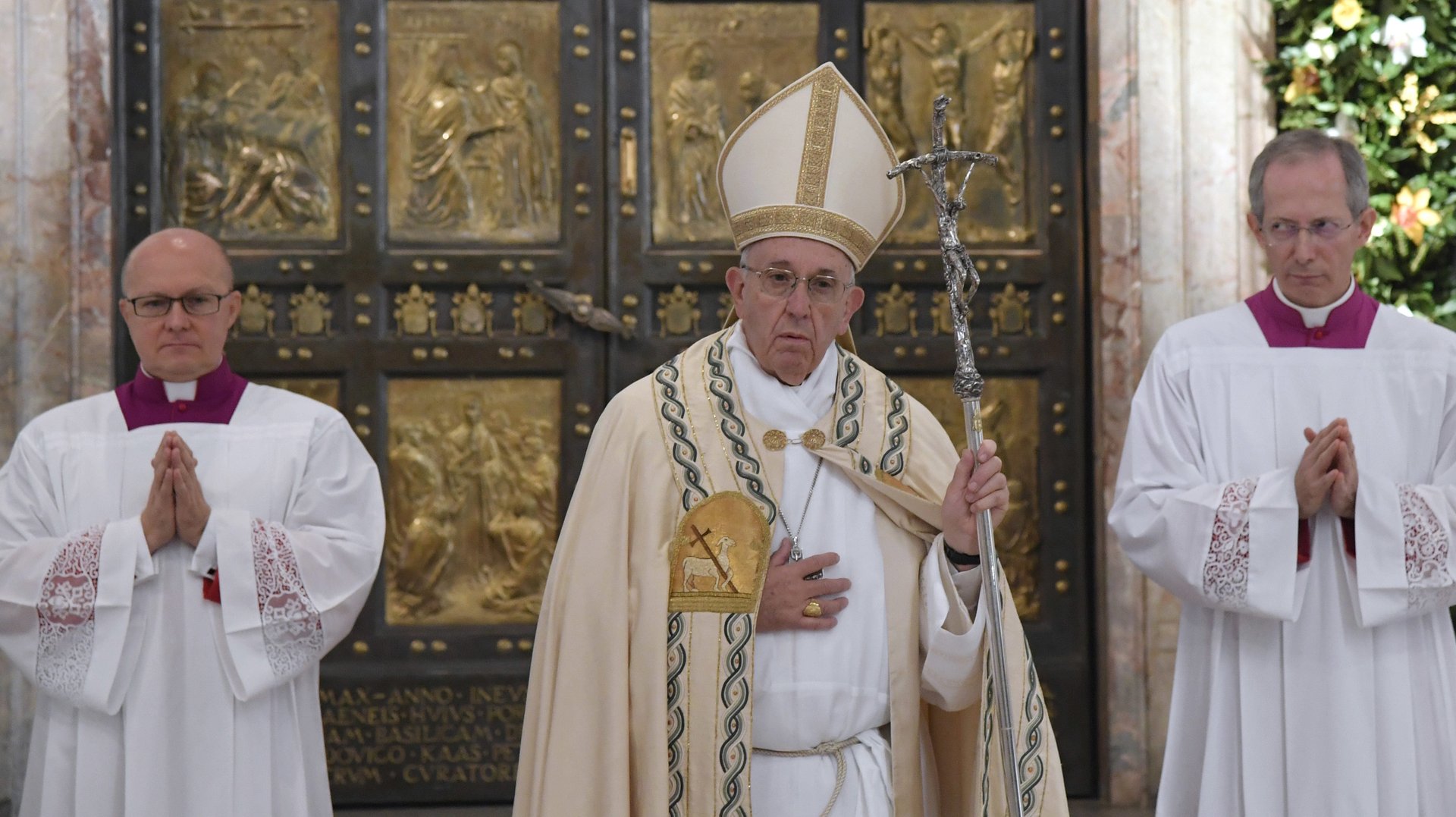Pope Francis has granted priests the right to forgive women for having abortions
While president-elect Donald Trump promises to restrict abortion rights for American women, another leader with a worldwide stage has made an important step in the opposite direction: Pope Francis has announced that regular priests will now be able to forgive women for having abortions.


While president-elect Donald Trump promises to restrict abortion rights for American women, another leader with a worldwide stage has made an important step in the opposite direction: Pope Francis has announced that regular priests will now be able to forgive women for having abortions.
On Sunday, as he closed the extraordinary Jubilee—a year of mercy in which devotees can be granted complete absolution of many sins—Pope Francis published an apostolic letter, titled Misericordia et Misera (Mercy and Misery), looking at the past year ”in which we have received the grace of mercy in abundance,” and laying out the way ahead.
The letter’s title is a reference to an episode in the Gospels, later commented on by St. Augustine, in which Jesus meets and forgives an adulterous woman. The letter also references another episode in which Jesus forgives a woman—this time, a prostitute. The biblical references set the stage for the big revelation in the note, which is that regular priests now have the right to absolve a woman who has had an abortion, or a doctor who has performed one—a right that previously was reserved only for those in higher ranks of the church. The pope had introduced that right as a temporary measure during the year of mercy, and is now making it permanent.
“I henceforth grant to all priests, in virtue of their ministry, the faculty to absolve those who have committed the sin of procured abortion,” writes the pope. “There is no sin that God’s mercy cannot reach and wipe away when it finds a repentant heart seeking to be reconciled.”
This is an important step towards reducing the ostracizing of women who had abortion—and abortion providers—within the Catholic community. But as with his stand on gay rights, the pope’s forgiveness doesn’t signal a particularly progressive attitude. “I wish to restate as firmly as I can that abortion is a grave sin, since it puts an end to an innocent life,” says the pope. The letter also returns repeatedly to the subject of sinful women who are forgiven by the grace of god.
Still, his announcement comes at an important time—and not just because of Trump’s election in the US. The spread of the Zika virus, which can cause birth defects when it infects pregnant women, had provoked criticism of the church’s stand on abortion (and contraception), which informs government policies around the world and especially in the Latin American countries affected by the virus.